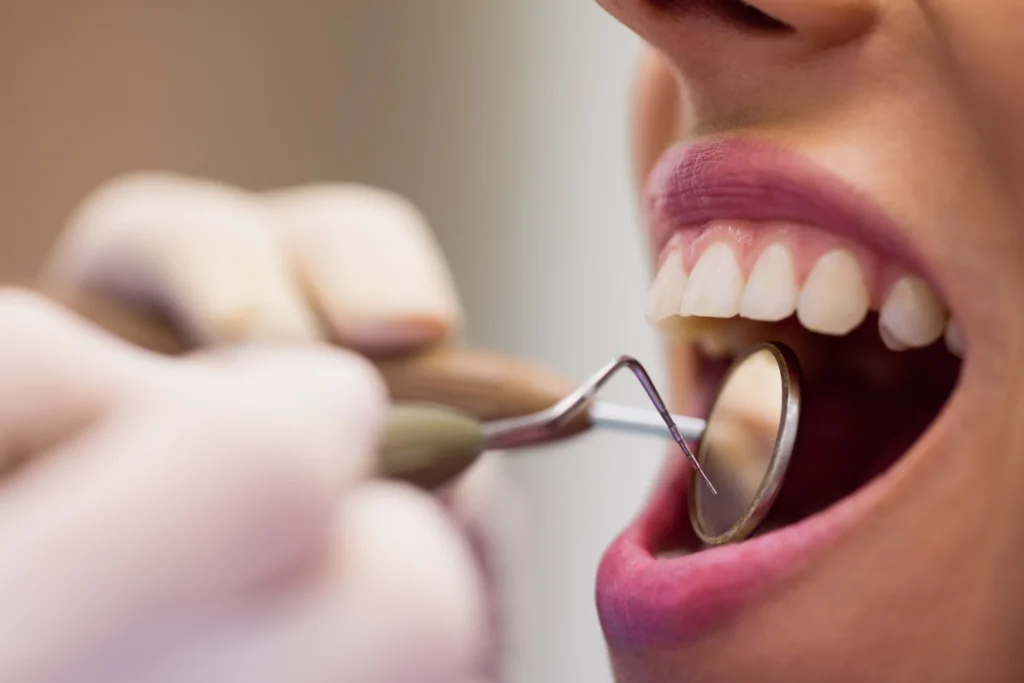
10 Simple Ways to Prevent Heart Disease Before It Starts
The heart is one of the most important muscles in the body – yet we often don’t think about it until it starts to hurt. The good news is, we have a great deal of control over its health.
Unfortunately, according to the CDC, heart disease is the leading cause of death in the U.S. Every 33 seconds, someone dies from cardiovascular disease. In 2022, heart disease claimed the lives of 702,880 people—accounting for 1 in every 5 deaths. Beyond its human toll, heart disease also imposes a financial burden. In 2019–2020, the total cost of treating heart disease was approximately $252.2 billion, including health care services, medications, and productivity losses due to death and disability.
While these statistics are alarming, the good news is that lifestyle changes and prevention can significantly influence your long-term outcome. A few simple steps can lead to a longer, healthier, and more fulfilling life.
1. Surround Yourself with Good Friends
A 2018 study found that having close friends or a roommate is beneficial for heart health. Loneliness, on the other hand, increases the risk of cardiovascular disease.
Socially isolated individuals have a higher risk of acute myocardial infarction and an increased likelihood of death compared to people with strong social connections. Research shows that loneliness and isolation may increase the risk of heart attacks by up to 29% and strokes by 32%. These findings are supported by additional studies.

2. Practice Good Oral Hygiene
Most people know they should brush, floss, and visit the dentist regularly, but few realize that oral health can affect heart health. Some studies suggest that inflammation in the mouth may contribute to arterial stiffness, reducing blood flow and increasing the risk of heart attack or stroke.
Dr. Thomas Boyden Jr. explains that gums are rich in blood vessels and bacteria. When gum tissue becomes compromised, those bacteria can enter the bloodstream and trigger systemic inflammation including in the arteries that supply the heart.

3. Get Enough Sleep
If you’re looking for a good reason to prioritize sleep – or even take a nap, know that it benefits your heart. A large meta analysis published in the European Heart Journal tracked nearly 475,000 people across 15 long-term studies and found that those who slept too little had a 48% higher risk of ischemic heart disease and a 15% higher risk of stroke.
Interestingly, too much sleep was also associated with harm: people who overslept had a 65% higher risk of stroke and a 38% higher risk of heart disease. Experts say heart-healthy sleep is about balance. Too little or too much can both increase cardiovascular risk.

4. Physical Intimacy Benefits the Heart
Intimacy and romantic relationships can support heart health. Sex and physical closeness help reduce stress – one of the major risk factors for heart disease and heart attacks.
While it’s impossible to eliminate stress completely, chronic stress can wear the body down. Constant adrenaline release elevates heart rate and blood pressure. Regular relaxation, physical, mental, or emotional – can help manage stress and protect your heart from overload.
5. Cut Back on Sugary Drinks
You may love sweet, fizzy drinks full of sugar and caffeine, but your heart doesn’t. Regular consumption of sugary sodas is linked to obesity, insulin resistance, and type 2 diabetes. Sugar spikes blood glucose levels, and excess glucose is stored as fat.
Caffeine can act as a stimulant that triggers stress responses, raising heart rate and blood pressure bad news for your cardiovascular system.
One study found that drinking just one can (about 12 oz) of sugary soda per day increases the risk of heart attack by 20%. That’s why experts recommend cutting back, or better yet, replacing sugary drinks with water, mineral water, or unsweetened herbal teas.

6. Listen to Music
Music has incredible power, not just emotionally, but physically. Several studies have found that listening to music can positively affect cardiovascular health.
Calm, relaxing music helps lower heart rate and blood pressure, especially important for people at high risk of heart disease. Music also reduces levels of stress hormones like cortisol and adrenaline, which, in excess, damage the heart and blood vessels.
Even patients recovering from heart attacks or surgery have shown faster recovery and fewer arrhythmias when regularly exposed to soothing music. The most beneficial types include classical music, ambient tracks, and nature sounds paced around 60 beats per minute, which naturally help calm the body and mind.

7. The More You Know, the Healthier Your Heart
It’s not just genetics and lifestyle, education also plays a key role in heart health. Research shows that people with higher education levels have a lower risk of cardiovascular disease. This is likely due to greater awareness, healthier habits, and more frequent preventive care.
Education is a powerful protective factor, not just for the mind, but also for the heart.

8. Eat a Heart-Healthy Diet
Meat is a staple in many diets, but Americans consume nearly four times the global average. Studies show that red and especially processed meats can raise the risk of heart disease by up to 60%.
On the other hand, a balanced diet rich in fiber, antioxidants, and healthy fats can prevent heart failure and other cardiovascular issues.
Fatty fish like salmon, tuna, and mackerel rich in omega-3 fatty acids are especially beneficial. Eating these fish at least twice a week may reduce inflammation, lower blood pressure, and support heart function.
The bottom line: the more varied, less processed, and nutritionally balanced your diet is, the happier your heart will be.

9. Limit Smoking and Alcohol
Smoking is one of the leading risk factors for heart disease. It damages blood vessels, weakens arterial walls, and promotes blood clotting. Nicotine also reduces oxygen delivery to the heart muscle, increasing the risk of heart attacks.
While vaping is often seen as a “safer” alternative, it carries its own risks. Some flavoring chemicals in e-cigarettes can impair nitric oxide function a molecule that helps keep blood vessels flexible and prevents inflammation and clots. Inhaling these substances can therefore harm the cardiovascular system.
Excessive alcohol use is also damaging. It raises blood pressure, triggers irregular heartbeats, weakens the heart muscle, and promotes inflammation. While small amounts of alcohol may offer some protective benefits, frequent or heavy drinking increases the risk of heart attacks, strokes, and heart failure.
Long-term heart health is best supported by eliminating smoking and vaping entirely and drinking alcohol only in moderation or not at all.

10. Stay Active
Modern life often involves long hours of sitting at a desk, in a car, or on the couch. Studies suggest that prolonged inactivity can negatively affect cardiovascular health.
Though the exact mechanisms aren’t fully understood, the trend is clear: the more we sit, the higher our risk. As Deborah Rohm Young of Kaiser Permanente put it: “We don’t yet know exactly how much sitting is too much, but the advice is simple, sit less, move more.”
Physical activity is one of the key pillars of a healthy lifestyle. Exercise strengthens the heart, improves circulation, lowers blood pressure, and helps maintain a healthy weight.
You don’t need to be an athlete, even 30 minutes of brisk walking, biking, swimming, or simple stretching can improve your health and extend your life. Combined with good nutrition, sleep, and stress management, movement lays the foundation for a healthy heart.

Heart health is the result of daily choices. Small changes in diet, activity, and stress management can make a big difference. Your heart works for you every day take care of it so it lasts a lifetime.






